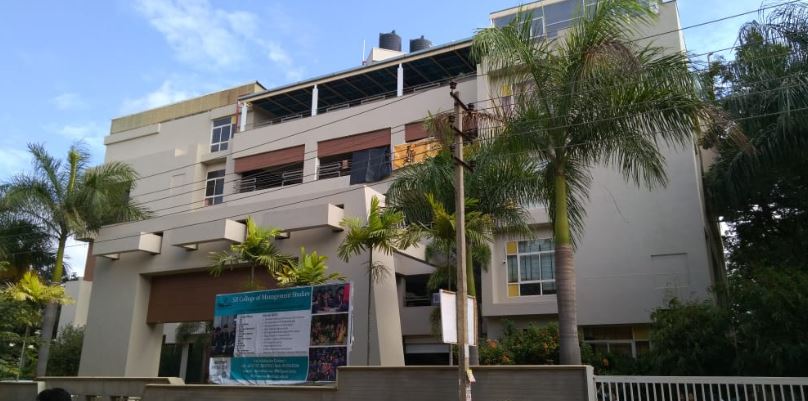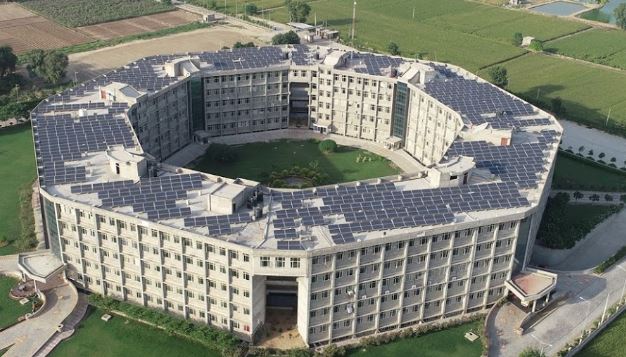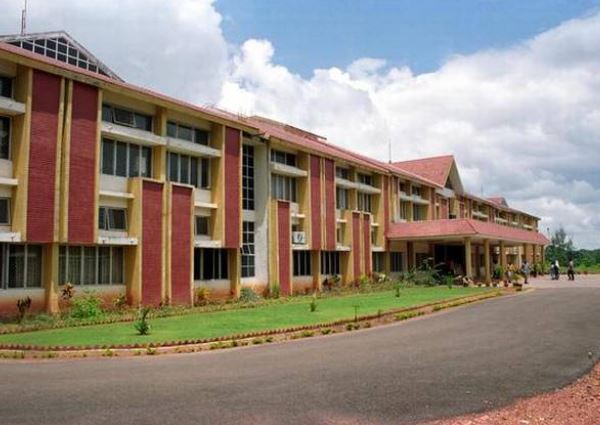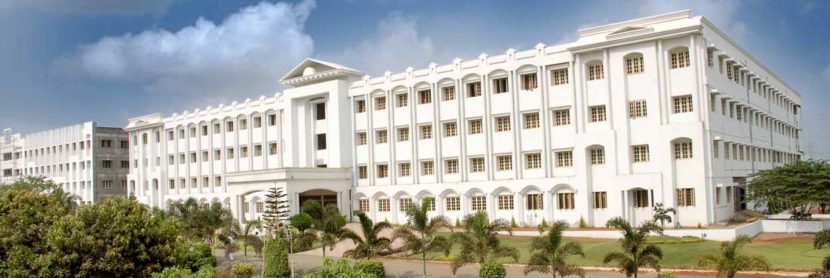
Reva University Yelahanka
- University
- Co - Education
- ESTD 2012
- Private University
Interested in this College?
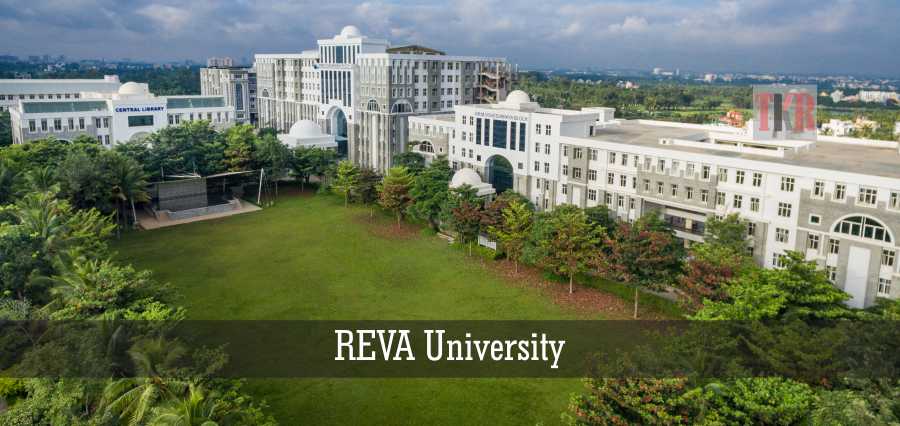
Bachelor of Arts Bachelor of Law (B.A.LL.B.) Hons.
Bachelor of Arts and Bachelor of Laws (B.A., LL. B. Honours)
Course
Legal education is the education of individuals in the principles, practices and theory of law. It may be undertaken for several reasons, including to provide the knowledge and skills necessary for admission to legal practice in a particular jurisdiction, to provide a greater breadth of knowledge to those working in other professions such as politics or business, to provide current lawyers with advanced training or greater specialisation, or to update lawyers on recent developments in the law.
Early Western legal education emerged in Republican Rome. In England, legal education emerged in the late thirteenth century through apprenticeships. Formal degrees focused on the native common law emerged during 1800s. Legal Education in India could be traced from as early as the Vedic age, when it was essentially based on the concept of Dharma. A system of courts, following formal procedures, to adjudicate criminal and civil cases, came to be established with Mughal rule. The adoption of rules of evidence by Mughal Courts, introduced further complexities in administration and seeking of justice necessitating involvement of legal experts, who were addressed as Vakils. The Legal Practitioners Act of 1846 opened up the legal profession.
Law degrees in India are granted and conferred in terms of the Advocates Act, 1961, which is a law passed by the Parliament both on the aspect of legal education and also regulation of conduct of legal profession. Under the Act, the Bar Council of India is the supreme regulatory body to regulate the legal profession in India and also to ensure the compliance of the laws and maintenance of professional standards by the legal profession in the country. Traditionally the degrees that were conferred carried the title of LL.B. (Bachelor of Laws) or B.L. (Bachelor of Law). The eligibility requirement for these degrees was that the applicant already have a Bachelor's degree in any subject from a recognized institution. Now, Universities offer 5 year duration integrated degree with the title of B.A., LL.B. (Honours), B.B.A, LL.B. (Honours) etc.
India, today produces the largest number of legal professionals in the world. According to reports, about half a million law students pass out from various colleges in India. The Indian legal market is in a nascent stage in terms of growth. A law student with all desired skills, inherent interests has a wide range legal professional opportunities available these days. One way, lawyers are required in all walks of life.
In this context, an integrated Programme in legal studies leading to B.A., LL.B., degree of REVA UNIVERSITY is deigned to create legal professionals to meet the human resources requirements of various sectors of Society.
The programme offers students an opportunity to study law by choosing courses from a repository of related courses.
Duration : 10 Semester (5 Years) Full time
Eligibility :
B.A., LL. B. Honours/ B.B.A., LL. B. Honours:Pass in PUC or Senior Secondary School course (‘+2’) or equivalent (such as 11+1, ‘A’ level in Senior School Leaving certificate course) from a recognized University of India or outside or from a Senior Secondary Board or equivalent, constituted or recognized by the Union or by a State Government securing in the aggregate, marks not less than 45% (40% in case of SC/ST) 42% incase of OBC) of the total marks
.Note: 1) Candidates who have obtained 10 + 2 or graduation / post graduation through open universities system directly without having any basic qualification for prosecuting such studies are not eligible for admission in the law courses B.A.,LL.B (HONS.),B.B.A.,LL.B (HONS) candidates having possessed job oriented course and diploma course are not eligible to seek admission to law courses. Admission is based on CLAT/LSAT/REVACLAT.
Career Opportunities
The law graduates have ample career opportunities to serve/practice in judicial courts ranging from district court to the high court in different capacities. They also have an opportunity to prosper as successful lawyers at district, state and national levels. Legal professionals also have opportunities of being appointed by business firms, industrial sectors, insurance companies and several such sectors as legal knowledge in various sectors has become an essence.

